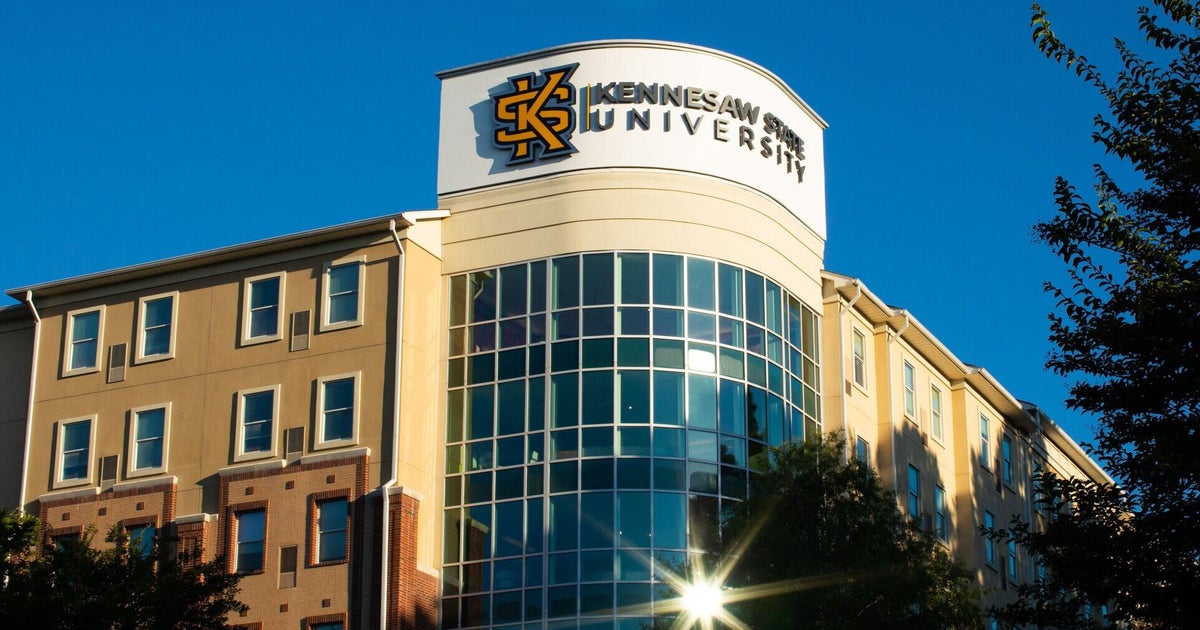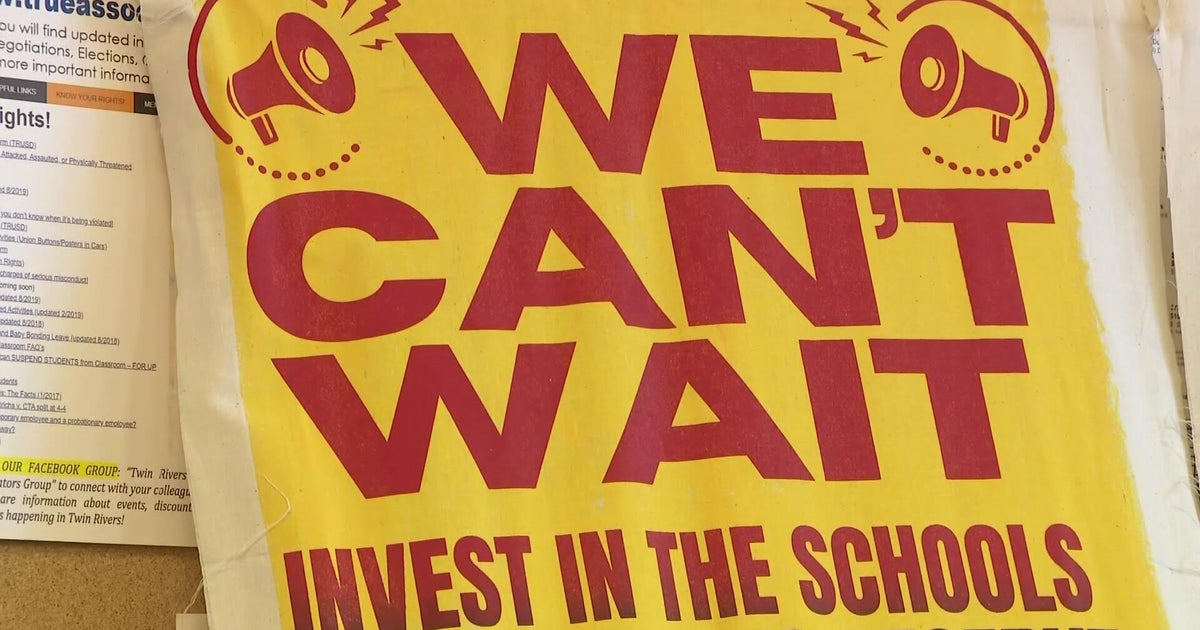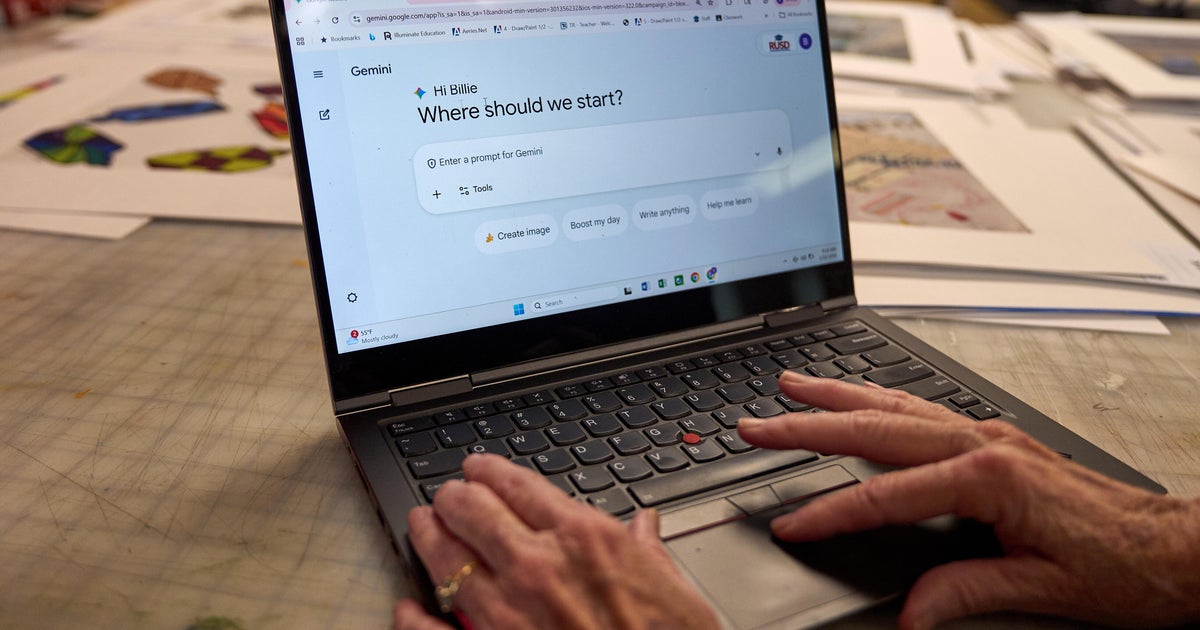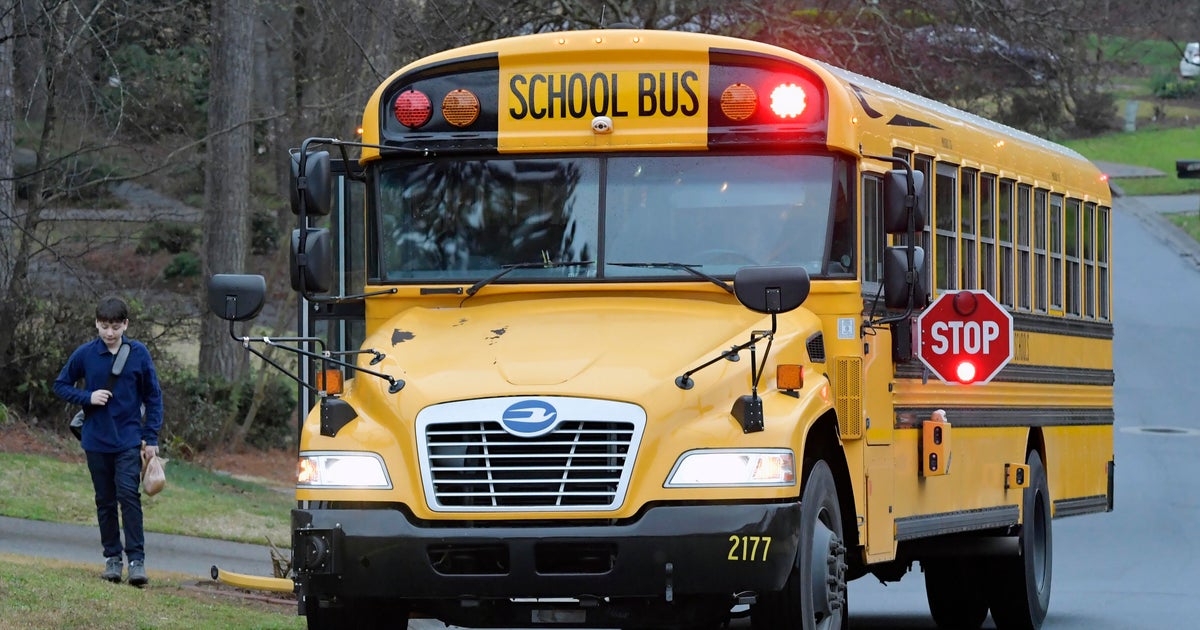Nursing Pedagogy and Simulation Educator Finds Career Gratifying
Ed Rovera is the nursing pedagogy and simulation educator at the SF State School of Nursing, but he has not always been in education. Rovera started his career in mainframe computing in 1979. In 2002, he looked at several graduate programs and elected to pursue a Master's in Education emphasizing Educational Technology Leadership at California State University —East Bay, completing the program in 2006. In 2008, Rovera's wife was teaching Clinical Pediatric Nursing at SF State and asked him to help her get a robotic baby connected to its computer so she could use it. The nursing director was so happy to see the baby breathing and crying that she hired Rovera on the spot, and that was the beginning of his career in simulation education.
The healthcare simulation field is growing; it started out as primarily mannequin-based activities for doctors and medical students, but has expanded into the use of standardized patients, virtual simulation and hybrid simulation models to provide the richest possible experiences for learners in a wide variety of healthcare specialties. This is an exciting time to be in simulation-based education.
Scope and responsibilities of current role?
"I assist faculty in integrating simulation education into the curriculum. I am also the lab operations manager responsible for the successful execution of all simulation activities. Finally, I'm chartered to develop and implement a simulation program evaluation protocol to help us determine how we are using our program resources."
What is your favorite part of your daily duties?
"Running simulation sessions with the instructors. Being able to watch students at work in the simulation bay and see an instructor light up when her students demonstrate what she's taught them is extremely gratifying."
Do you feel your education prepared you for your current role?
"CSUEB had no classes on programming mannequins, but my degree definitely prepared me to teach instructors the benefits of simulation and how to use it in their classes. It also gave me a formal foundation in educational technology, which I lacked, having been primarily involved in mainframe computing throughout my career."
Do you have any advice for people who desire to pursue a similar career?
"Simulation education is all about experiential learning, so experience it! Volunteer at a local simulation center and see which aspects of the field interest you. There are a number of certificate and graduate programs in medical simulation now; select one that focuses on your area of interest and pursue your goals. And be prepared to read. I read 5-10 journal articles on simulation a month just to keep up with the innovations happening in this exciting profession."
Michelle Guilbeau is a writer, reviewer, teacher and business owner. She also has experience in school administration, literacy coaching and is proud founder of CraftKitsForKids.com and MichelleGuilbeau.com Michelle enjoys sharing her knowledge of cities, food, travel, education and parenting issues with her readers. Her work can be found on Examiner.com.







